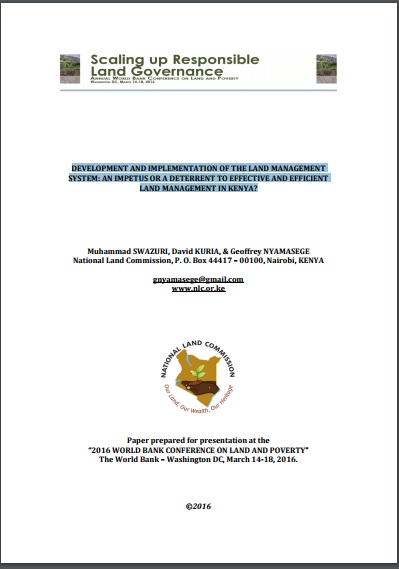Régimes fonciers communautaires et gouvernance des ressources de propriété commune en Asie
Document de travail sur les régimes fonciers 20. Ce document analyse les caractéristiques des systèmes de propriété communale dans divers pays d’Asie. Les pressions actuelles du marché sur les ressources naturelles créent à la fois des défis et des opportunités pour les communautés et pour les gouvernements en vue d’utiliser et de renforcer les systèmes de propriété commune pour promouvoir la gestion durable des ressources naturelles. Des politiques et des institutions ad hoc sont nécessaires pour promouvoir la redevabilité des acteurs et la bonne gouvernance de ces ressources.





